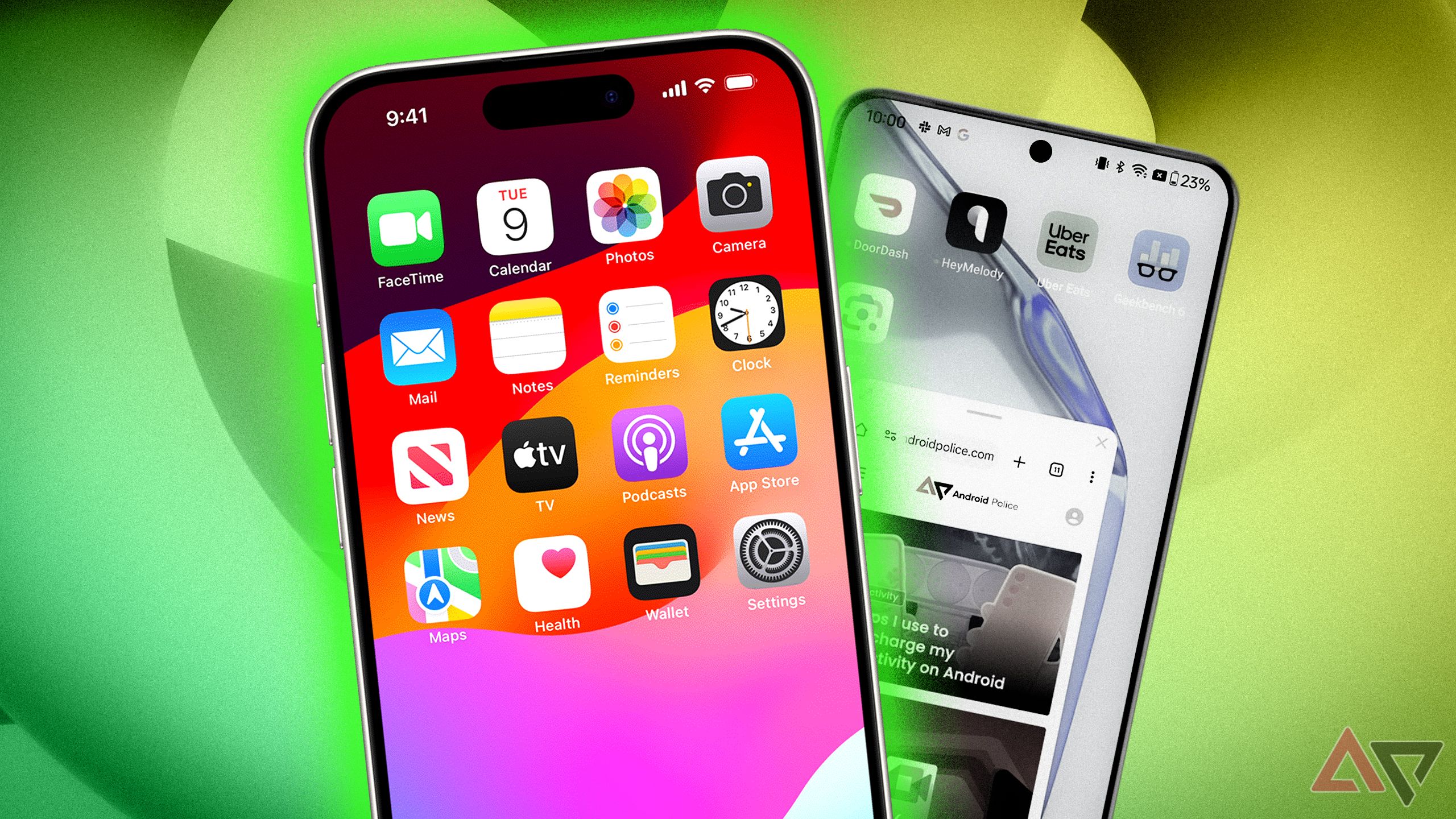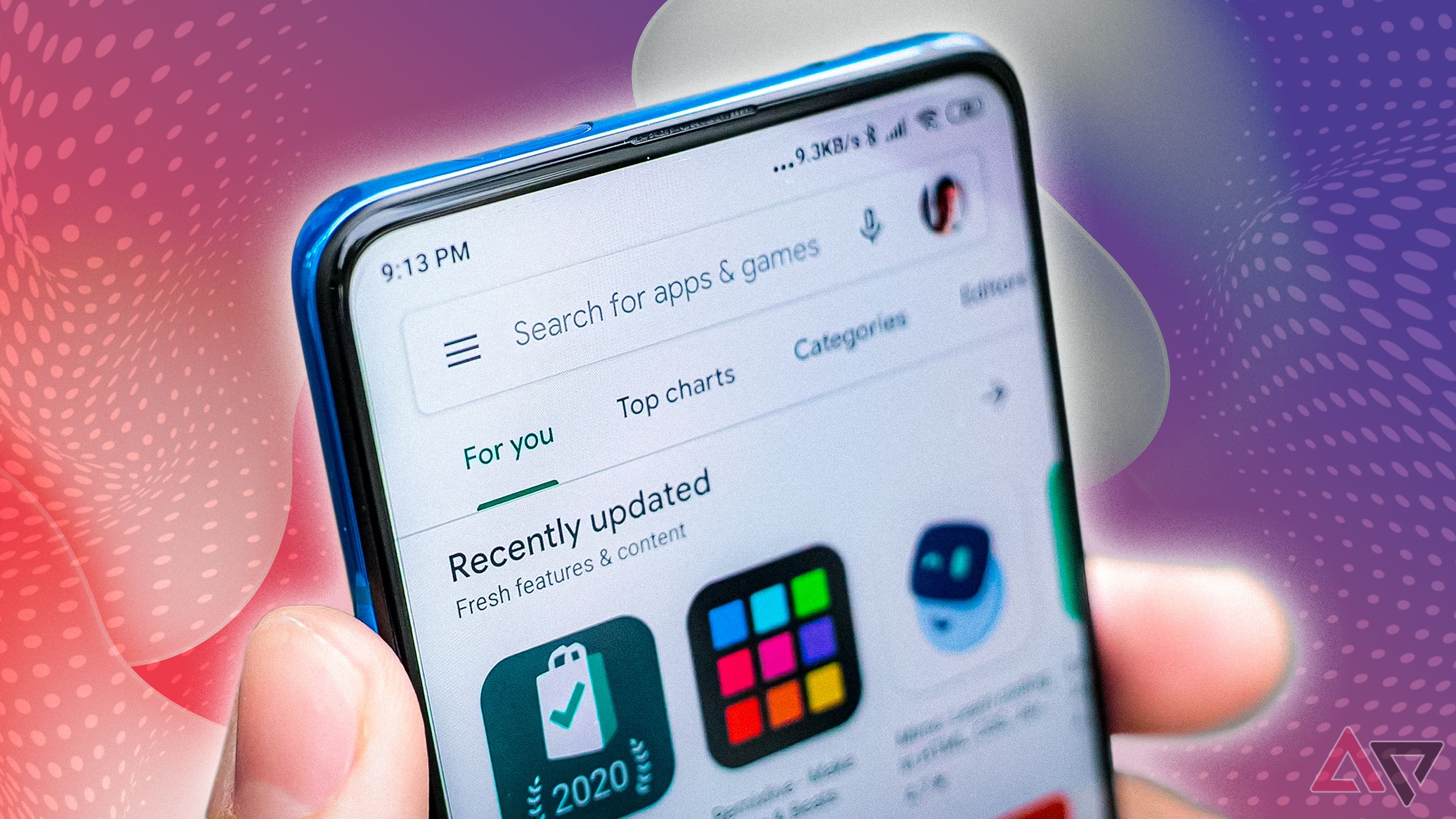Apple’s reputation for security, user-friendly apps, and the world-beating iPad tablet lineup builds on its intricately controlled software ecosystem. However, a top EU court ruled in November that the California-based company’s inconsistent App Store implementations violate regulations on regional availability and non-discriminatory behavior throughout the bloc.
Google’s decisions have also drawn EU regulators’ ire in the past, but it’s made strides to comply with the 2022-implemented Digital Markets Act (DMA). In light of Apple’s recent regulatory struggles, some wonder if Google’s Play Store implementation needs adjustment to stay on the European Commission’s good side.

Google combines three of its teams to make the Play Store better for developers
All to make the Play Store more attractive to devs
Apple’s anti-consumer violations, according to the EU
Where the App Store and more contravene the Geo-blocking Regulation
The Consumer Protection Cooperation (CPC) Network ensures the consistent support of EU consumers’ rights throughout the region. Central to the complaint, the EU Geo-blocking Regulation and Services Directive prohibit app stores from discriminating against users based on nationality, residence, language, and other factors related to where a user lives.
The European Commission, which proposes EU-wide regulations and ensures their application, alleges three violations. The concerns revolve around Apple’s status as one of six gatekeepers, or large digital service providers, subject to certain DMA requirements. The problems apply to Apple Media Services, including the App Store, Apple Arcade, Music, iTunes Store, Books, and Podcasts.
- Online access: Apple Media Services interfaces differ based on each Apple ID’s country of registration. Regulators consider altering a registered location prohibitively difficult, seemingly violating sections 18-20 of the geo-blocking regulation.
- Payment methods: Apple only allows users to pay for its apps using methods issued in their registered country, contrary to the regulation’s section 32.
- Downloading: App Store versions in specific EU countries don’t offer access to some apps available in other member states. The EC insists users be allowed to download apps in another EU country when they travel to or temporarily stay in that country, per sections 22 and 24.
How the Geo-blocking Regulation applies to app delivery
What it does and doesn’t mean for app stores overall
The document carves out many specific exceptions. Copyrighted material delivered to different member states, such as movies or music licensed in one country but not another, falls outside the regulation’s purview. Similarly, distributors don’t need to make financial software, like banking apps, available to users based in countries where it can’t be used. Member states remain able to institute their own regulations, so Apple won’t need to allow downloads of an app that doesn’t align with a user’s registered country’s laws. This exception includes apps related to healthcare and social services.

Apple wants mobile AAA games to be a reality by offering convenience to developers — will it work?
This may be why titles come to iOS, not Android
Regulations afford individual app providers more leeway in setting prices and availability by region, also allowing a gatekeeper some freedom as long as it informs customers appropriately. In a series of risk assessment reports, Apple outlined how its App Review Legal team and Executive Review Board work to keep the App Store in line with EU requirements surrounding privacy, security, and safety. Apple’s recent response to an EU interoperability push made clear that Apple actively works to follow regulations and openly voices its views on various regulations’ fairness.
Regarding specific claims of payment and interface geo-blocking, the EC gave Apple one month to reply to the findings or risk additional fines. That month has passed without a response from either side or definitive, permanent changes to the Apple Media Services UI.
The findings’ real-world effects on the App Store
The first portion of the findings outlines how Apple Media Services works differently between EU member states. For example, the lack of Apple TV streaming in Romania flouts regulations, regardless of the content available per licensing restrictions. The commission’s language insists Apple provides a plan for compliance.
Apple requires a valid address and country-issued form of payment to change an Apple ID’s registered country. This prohibits users from using apps when traveling across EU borders temporarily for business or leisure, a behavior the EC directly addressed. The commission also reiterated that the DMA and Digital Services Act (DSA) require fairness, safety, and accountability from gatekeepers’ app stores. Apple has begun to improve compliance with this last point, requiring companies that rely on apps primarily for income to register their trader status by February 2025.
In addition, purchased apps and existing App Store balances don’t carry over to a newly registered EU country. The court didn’t mention this lack of carryover between EU member states, but the DMA’s goal of protecting the EU’s single market vision implies Apple could look into addressing this. We contacted Apple for comment on the EU geo-blocking situation and will update you when we receive a response.
The App Store’s issues compared to the Play Store’s
Google’s minor but real non-compliance
Following a similar 2023 investigation, Google updated the Play Store to reflect EU laws better. It added disclosures on consumer rights and abilities, locations and obligations of app providers, and the method for changing your Play Store’s registered country, in addition to other consumer-friendly changes.
In the 2023 report, the EC called out Google for arbitrarily limiting users to one Play Store country registration update every 12 months. It also considered the lack of Play Store balance carryover between EU countries “an infringement of the Geo-blocking Regulation.” The commission pledged to “actively monitor the implementation of these commitments” moving forward.

5 reasons why the Google Play Store is better than other app stores
No one does it better than Google
The Play Store’s 12-month restriction on changing regions could violate the same sections 22 and 24 of the Geo-blocking Regulation as Apple’s App Store does currently. However, Google informed developers about the EU-mandated requirement of app availability throughout the bloc, barring excepted software like banking apps. This could be the mitigating factor that has satisfied EU regulators. In the nearly two years since Google agreed to make the EU’s requested changes, the commission hasn’t expressed further issues with the regional restriction.
Will Google need to change Play Store policies?
Apple faces changes, but Google may emerge unscathed
The only apparent discrepancy left relates to outstanding Google Play balances. If you change countries, your remaining balance stays with the old country, and you can’t use it in your new region. This seems minor, but regulators mentioned it. While Google might find it cumbersome to rework its app delivery to accommodate the requirements, the DMA’s focus on the six major gatekeepers exists to keep those companies honest.
Apple has (begrudgingly) updated its platform to conform to the EU’s wishes in the past, including language referencing the regulations’ potential to increase risk for EU users. To meet the new demands, Apple could benefit by following Google’s example of passing EU-wide availability to individual app developers. Furthermore, implementing equal interface access across the bloc doesn’t present obvious potential losses, as regulations note exceptions for discrepancies like copyrighted material licensing differing between countries.

I switched from Android to iOS and these are the 5 things I miss the most
As sleek as it is, moving to iOS wasn’t easy
The EU may forgo chastising Google further for now
However, the App Store continues evolving, and Google appears to have mainly complied with regulatory demands, albeit not perfectly. The European Commission’s limited resources make it unlikely to re-open a mostly settled Play Store case. The board recently concluded investigations into Booking Holdings and Apple’s iPadOS, on top of 2024 rulings on Microsoft antitrust violations and Meta’s “pay or consent” policy. That comes after broader investigations into Apple’s developer requirements, side-loading restrictions, and Apple Pay NFC limitations.
The commission has its hands full. It recently began developing guidance on the relationship between DMA and GDPR regulations, with a Geo-Blocking Regulation evaluation set to commence in 2025 and reducing its likelihood of opening additional major cases in the near future. While we can’t rule out additional EU demands on Google in the near future, no major roadblocks appear on its horizon.







